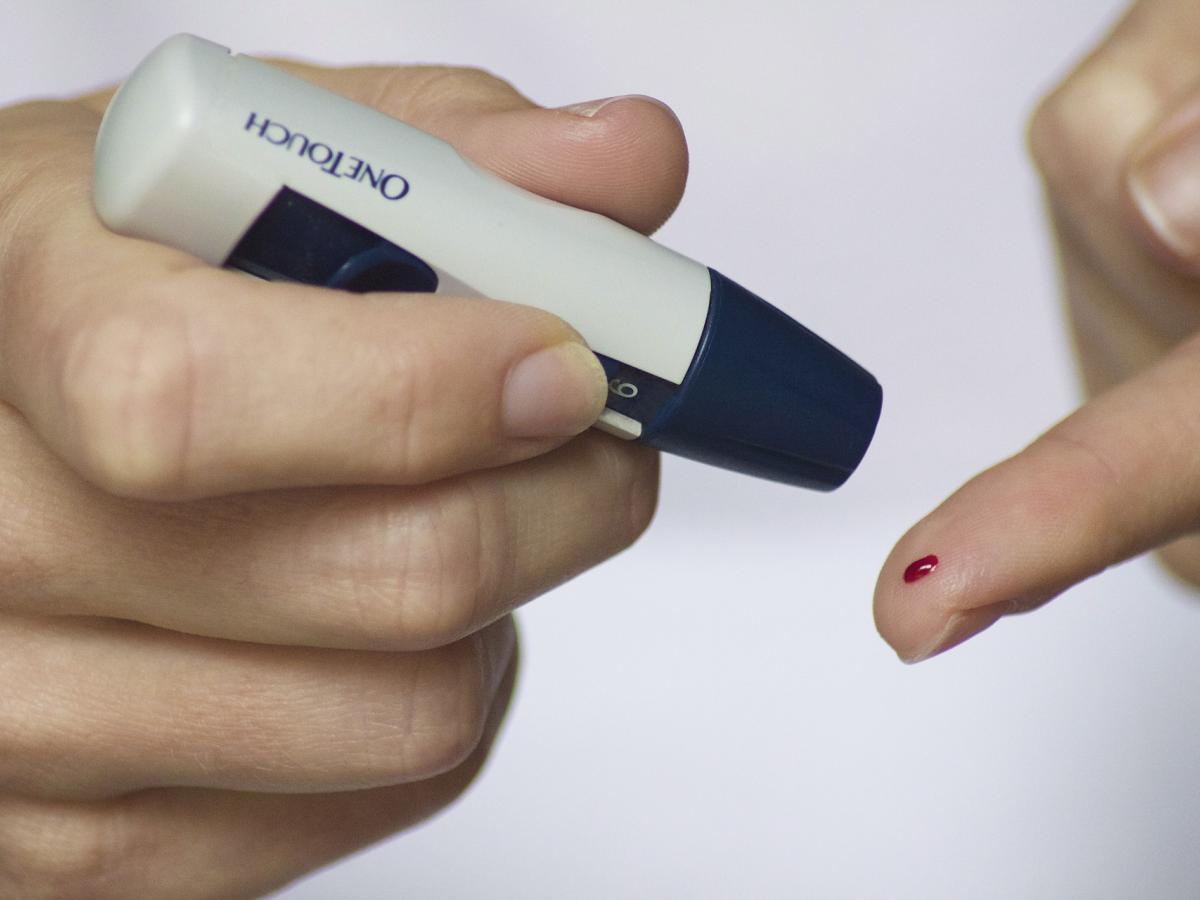
The University of Adelaide has received two Pilot and Innovation Awards from JDRF to support new innovative directions for type 1 diabetes research. JDRF is the leading supporter of type 1 diabetes research in the world.
Professor Simon Barry, Head of the Molecular Immunology Group at Robinson Research Institute will receive $505,085 over two years for a project titled “Connecting genetic risk to genes: Turning targets into new interventions” to investigate the role of epigenetics and 3D genomics in the development of type 1 diabetes. The project team includes Ms Ying Wong, Dr Tim Sadlon, Dr Megan Penno, Dr Helena Oakey, Dr James Breen and Professor Jenny Couper.
“In this research, we will use cutting-edge genomic technologies to unravel the genetic risk for T1D, and understand more about the specific genes that are involved,”Professor Simon Barry, Head of the Molecular Immunology Group at Robinson Research Institute, University of Adelaide
“While we know that a combination of genetic risk and environmental factors cause type 1 diabetes (T1D), we still don’t know all the factors involved and how they lead to disease,” Professor Barry said.
“In this research, we will use cutting-edge genomic technologies to unravel the genetic risk for T1D, and understand more about the specific genes that are involved.”
Using samples from the Environmental Determinants of Islet Autoimmunity (ENDIA) cohort of 1500 mothers and babies, Professor Barry will perform genetic analysis on immune cells, which will allow researchers to link a person’s genetic risk of developing T1D to specific regions of the genome. This will help with building a world-first map of the connections between genetic risk regions for T1D and the immune system genes that they are associated with.
“Researchers can then potentially target specific genes with interventions in clinical trials, moving towards an era of personalised medicine – where people with T1D can receive targeted treatments based on their own unique genetic makeup,” Professor Barry said.
Professor Toby Coates receives $750,000 from JDRF for a ground-breaking new islet transplantation method for patients with type 1 diabetes. The project team includes Chris Drogemuller, Principal Medical Scientist in the Centre for Clinical and Experimental Transplantation (CCET) Laboratory and Affiliate Senior Lecturer with the University of Adelaide.
Professor Coates, from the Adelaide Medical School and RAH Director of Kidney and Islet Transplantation, said the method transplants islet cells under the skin using a skin graft originally developed by Dr John Greenwood for burns patients at the Royal Adelaide Hospital and from JDRF.
“Islet transplantation is life-changing for people with severe type 1 diabetes, this innovative, less invasive treatment provides the transplanted cells with their own blood supply, making them more likely to survive than current transplantations into the liver,” Professor Coates said.
“The transplant can be performed under local anaesthetic, is easy to monitor or remove and is significantly less expensive, so it has the potential to be a game changer in islet transplantation.”
The 2021 JDRF Pilot and Innovation Awards are designed to support innovative new directions for type 1 diabetes research, including concepts that have never been investigated before. The focus is on early-stage work that has a large potential to change the way we diagnose, treat and manage T1D.








